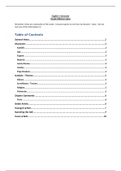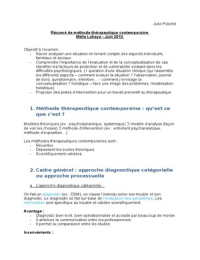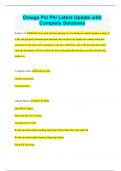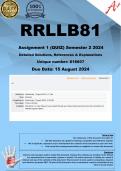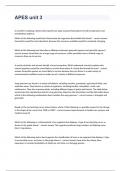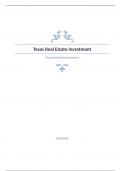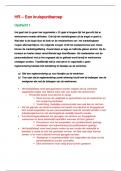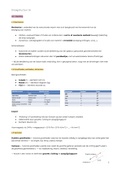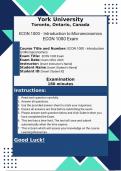Summary
Summary 'Purple Hibiscus' - Chimamanda Adichie Notes
- Course
- Institution
- Book
These notes include a detailed summary of the characters and themes of the novel, as well as a deep look into reviews of the novel. It is broken up into sections. Many quotes are given in order to help with essays.
[Show more]
